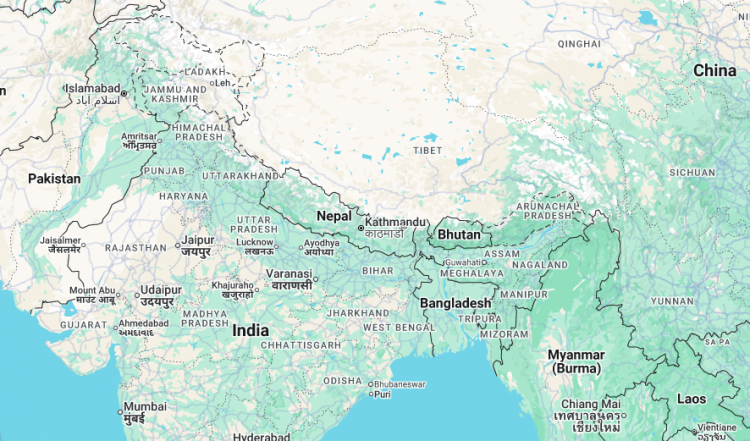At least 19 people were killed and more than 100 injured on Monday in Nepal as mass protests against a government social media ban spiraled into the country's deadliest unrest in decades. Demonstrations led largely by young people turned violent in Kathmandu and other cities, with police firing live rounds, rubber bullets and tear gas at crowds attempting to storm parliament.
Authorities said most of the dead and injured were students and young protesters. "The police have been firing indiscriminately," one protester told ANI news agency. "(They) fired bullets which missed me but hit a friend who was standing behind me. He was hit in the hand."
Dr. Badri Rijal, chief medical superintendent at Kathmandu's National Trauma Centre, said seven people died after being brought in for emergency treatment. "Many of them are in serious condition and appear to have been shot in the head and chest," he told the Associated Press. Police officer Shekhar Khanal confirmed more than 100 people, including 28 police personnel, were receiving medical care.
The unrest was triggered by the government's decision to block Facebook, YouTube, X and other platforms last week, citing failures by the companies to register with authorities and claims of misuse ranging from fraud to hate speech. Critics say the restrictions stifled free expression in a country where 90% of the 30 million population uses the internet.
Thousands of students, many in school uniforms, marched through the capital carrying signs that read "Unban social media" and "Shut down corruption and not social media." Protest organizers dubbed the demonstrations a "Gen Z protest," arguing they reflected deeper frustration with corruption and poor governance. "We want to see change. Others have endured this, but it has to end with our generation," said 20-year-old student Ikshama Tumrok, speaking to AFP.
Police said two people were killed in the eastern city of Itahari as protests spread across Biratnagar, Bharatpur and Pokhara. In Kathmandu, demonstrators breached barricades near parliament, set fire to an ambulance, and hurled objects at riot police. The army was deployed to reinforce security, according to district spokesperson Muktiram Rijal.
Home Minister Ramesh Lekhak resigned, taking what colleagues described as "moral responsibility" for the deaths. Prime Minister K.P. Sharma Oli called an emergency cabinet meeting to address the escalating crisis. Oli's government has been under fire for failing to address corruption and create jobs, fueling discontent among a generation of young Nepalis often forced to seek work and study abroad.
International condemnation followed quickly. "We are shocked by the killings and injury of protesters in Nepal today and urge a prompt and transparent investigation," UN rights office spokeswoman Ravina Shamdasani said. Human Rights Watch urged the government to avoid treating protests as a law enforcement issue alone, stressing that "nonviolent means should be utilized before resorting to force."
Since Nepal abolished its monarchy in 2008, the country has seen 14 governments, none completing a full five-year term. "The Home Minister failed to act with maturity and show leadership, but more worryingly, it is the government that failed its citizens, especially the young ones," Acharya added.






